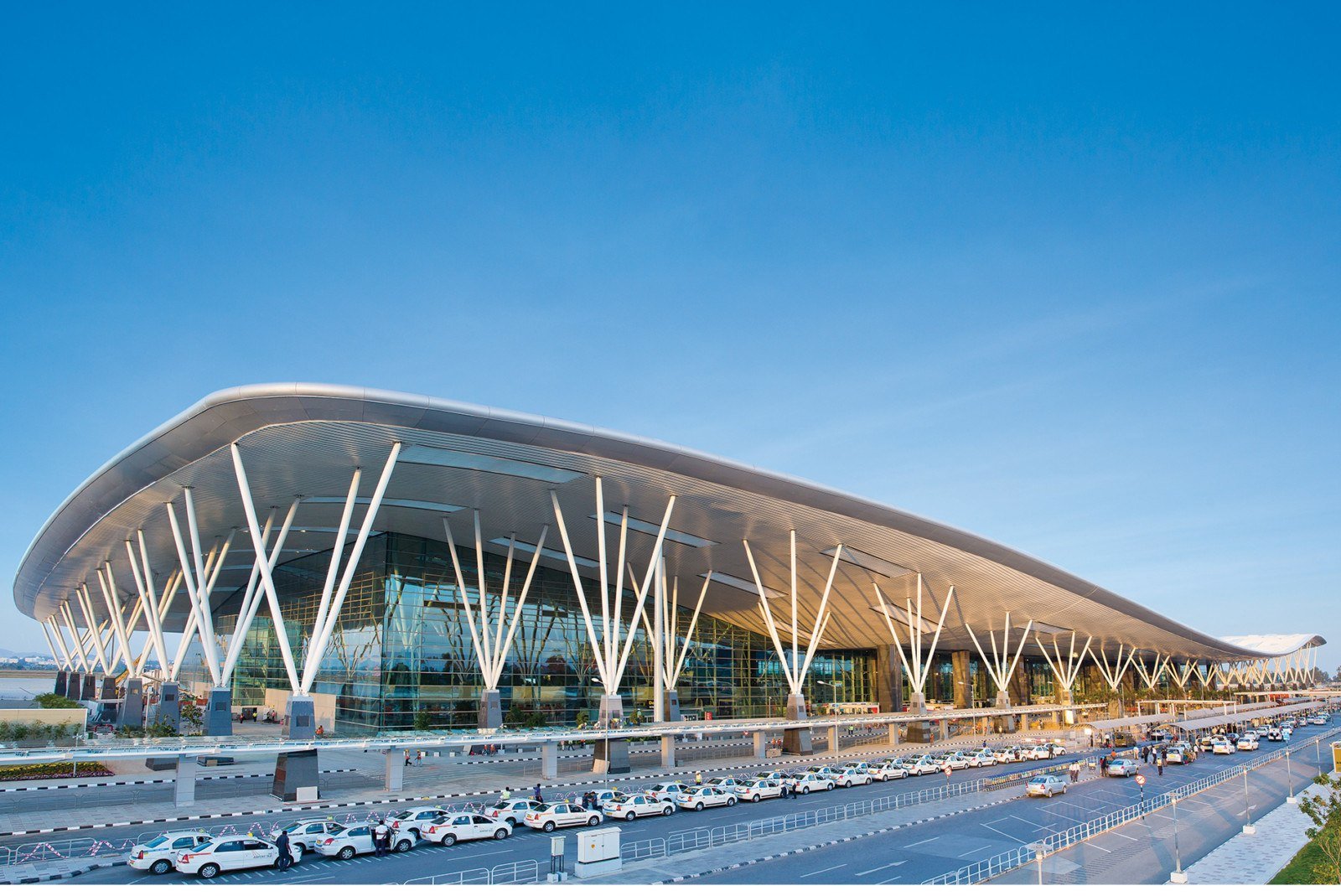A major logistics firm has made a strategic investment at Kempegowda International Airport (BLR), signalling a powerful endorsement of India’s growing role in global trade and its push for modern, sustainable infrastructure. The recent expansion, which includes a new 17,900 sq ft automated service centre, significantly enhances the company’s operational footprint at the airport to over 130,000 sq ft. This move, representing an investment of €3.43 million, aligns with broader national policies aimed at transforming logistics and trade facilitation, cementing Bengaluru’s position as a vital gateway for international commerce.
This infrastructure upgrade arrives at a critical moment for the Indian economy, which is on a trajectory to expand its air cargo volumes to over 10 million metric tonnes annually by 2030. The expansion directly addresses the surging demand for airfreight capacity, particularly in high-value sectors like electronics, pharmaceuticals, and automotive components that are booming across South India. The new facility, with its automation-driven solutions and optimised workflows, is a tangible response to this challenge, designed to cut processing times and boost throughput—factors essential for competitiveness in the fast-paced world of global supply chains.
The strategic importance of this investment goes beyond simple capacity addition; it reflects a synergy between corporate strategy and public policy. The company’s expansion is in direct support of India’s National Logistics Policy and the PM Gati Shakti initiative, which prioritise cost-efficiency and multimodal integration. By reducing manual labour and optimising landside-to-airside functions, the facility contributes to the national goal of lowering logistics costs, which currently stand at 13-14 percent of GDP, closer to the international benchmark of 8-9 percent. This makes trade more equitable and accessible, especially for small and medium-sized enterprises (SMEs).
Furthermore, the integration of automation, such as telescopic conveyors and wheel sorters, offers a clear path towards greater sustainability. By streamlining operations and reducing the reliance on manual handling and vehicle idling, the new hub inherently lowers ground-level emissions. This technological leap aligns with the global push for decarbonised logistics and positions Bengaluru as a model for future-ready, eco-friendly infrastructure. The facility’s design, which includes dedicated drive-in bays for vehicles, contributes to faster turnaround times and reduces fuel consumption, a small but significant step towards a zero net carbon future.
This investment elevates the competitive landscape for regional logistics, challenging other players to enhance their own efficiency and technological sophistication. It empowers local businesses with more reliable, time-sensitive export services, which is crucial as global sourcing strategies shift and demand for trade resilience grows. The Bengaluru hub’s enhanced capacity and automation solidify its role as a key node in the international supply chain, demonstrating how strategic private capital can converge with national policy to build an equitable, resilient, and sustainable urban ecosystem.
Also Read :Mumbais Offshore Vadhavan Airport to Begin Construction in 2026


